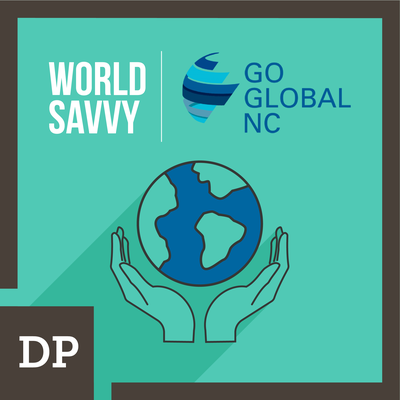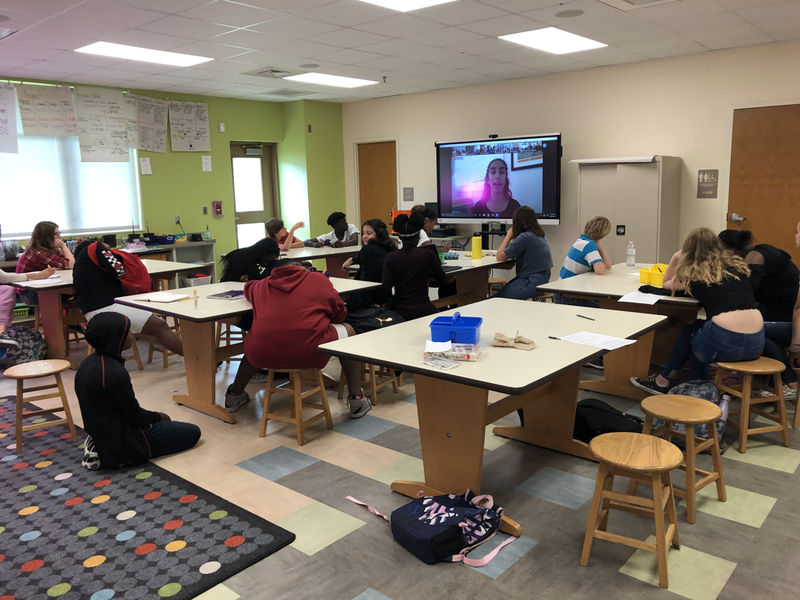- Global Awareness Mr. Becker's Classroom Lesson
- Global Awareness Mr. Becker's Classroom Objectives
- Global Awareness Mr. Becker's Classroom Activities
Aug 27, 2016 - Explore Sarah Wilson's board 'Global Awareness Ideas', followed by 227 people on Pinterest. See more ideas about global awareness, homeschool geography, teaching geography. Becker's Classroom! This is where you'll come to find information that you need about the class, events that happen in Grades 7-12, and see evidence of what we have done! Click above, in the header, on your class for information!
Free enrolment without certificate
Children Deprived of Liberty: Learning from the UN Global Study
The course encompasses a 9-week period. Participants are expected to engage in approximately 45 hours of active learning through readings, videos, discussions, group-work/role-plays and quizzes.
The course is articulated in four modules:
Module 1 focuses on the general framework of the Study and looks at the legal framework, applicable standards, guiding principles, definitions, objectives and methodology. It also offers an overview of the history of the Global Study and its links with the work of the UN CRC Committee and the Special Rapporteur on the Sale and Sexual Exploitation of Children.
Module 2 deals with the cross-cutting themes Training videos: brakes and other partsthe mechanic. that have been identified in the Study: deprivation of liberty, children’s participation, disability, gender and health.
Module 3 is dedicated to the six focus areas of the Study: administration of justice, children living in places of detention with their primary caregivers, migration-related detention, children deprived of liberty in institutions, in armed conflict and for national security reasons.
Module 4 reveals the ‘behind the scenes’ of the making of the UN Global Study in practice and discusses challenges, opportunities, recommendations and the way forward.
Module 1 - General framework of the Global Study
- 1
Rankingwebsite of carmelito lauron.
Manfred Nowak, SG Global Campus of Human Rights / Global Study Independent Expert
Marta Santos Pais, SRSG on Violence against Children 2009-2019
Ann Skelton, University of Pretoria/CRC Committee
Benyam Mezmur, CRC Committee
Vitit Muntarbhorn, Chulalongkorn University
Module 2 - A transversal approach

Manfred Nowak, SG Global Campus of Human Rights / Global Study Independent Expert - Webinar
Ursula Kilkelly, University College Cork
Catalina Devandas Aguilar, UN Special Rapporteur on persons with disabilities
Meskerem Geset Tachunek, UN Working Group on Discrimination against Women
Stuart Kinner, University of Melbourne
Module 3 - Focus areas
Global Awareness Mr. Becker's Classroom Lesson
Moritz Birk, Ludwig Boltzmann Institute of Human Rights
Helmut Sax, Ludwig Boltzmann Institute of Human Rights
Chiara Altafin, Global Campus of Human Rights
- Michael Bochenek, Human Rights Watch
Ann Skelton, University of Pretoria/CRC Committee
Jo Becker, Human Rights Watch
Jo Becker, Human Rights Watch
Global Awareness Mr. Becker's Classroom Objectives
Module 4 - The Global Study in practice
Manfred Nowak, SG Global Campus of Human Rights / Global Study Independent Expert
Georges Younes, Global Study Coordination Team
Manu Krishan, Global Study Coordination Team
Łukasz Szoszkiewicz, Adam Mickewicz University
Benoit van Keirsbilck, Defence for Children International
Global Awareness Mr. Becker's Classroom Activities

